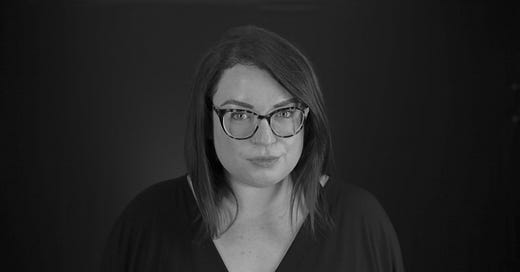The Southern Charm of Amanda Mull
The Atlantic reporter on growing up in Georgia, southern delicacies and loving logistics
Keep reading with a 7-day free trial
Subscribe to Human Pursuits to keep reading this post and get 7 days of free access to the full post archives.




